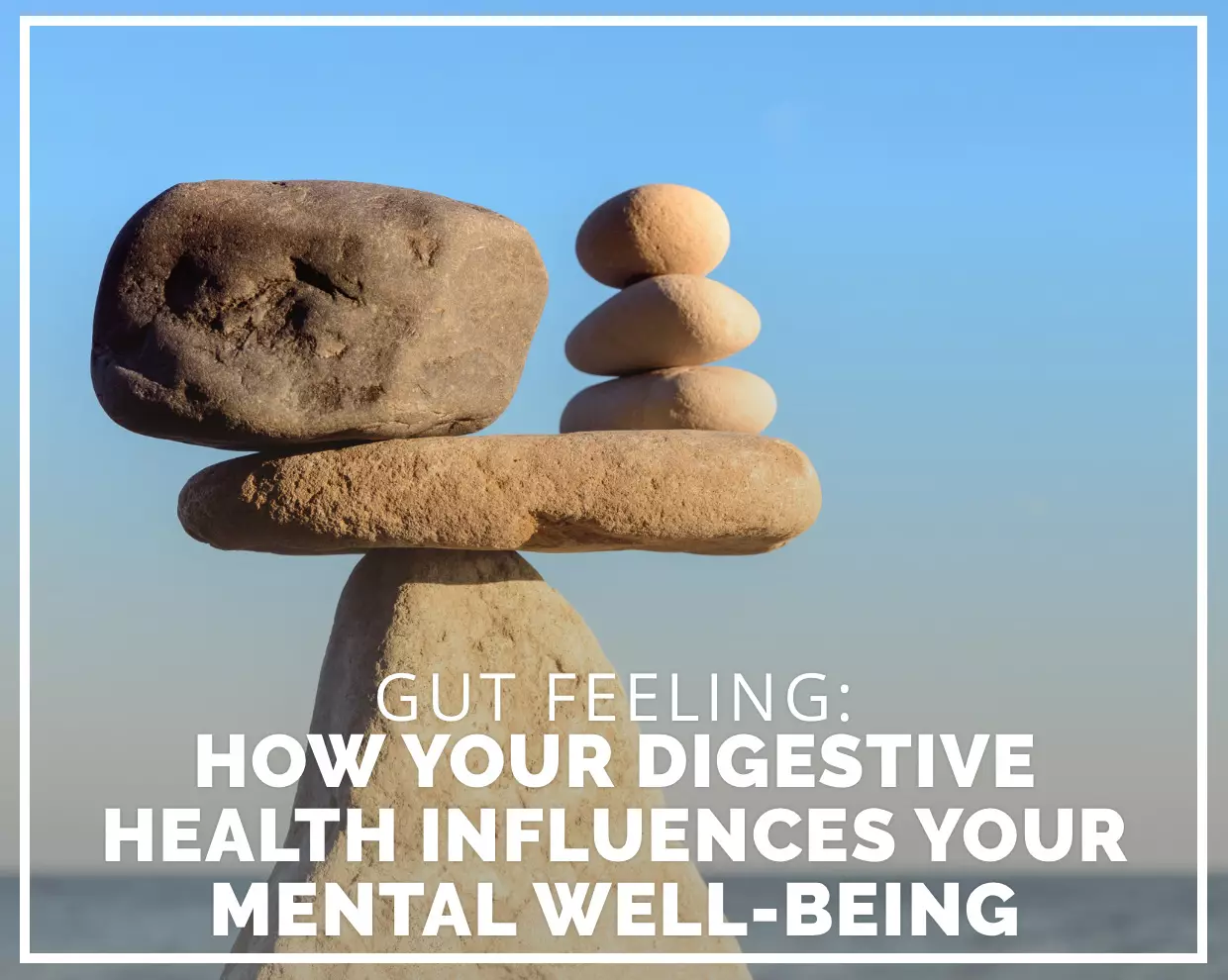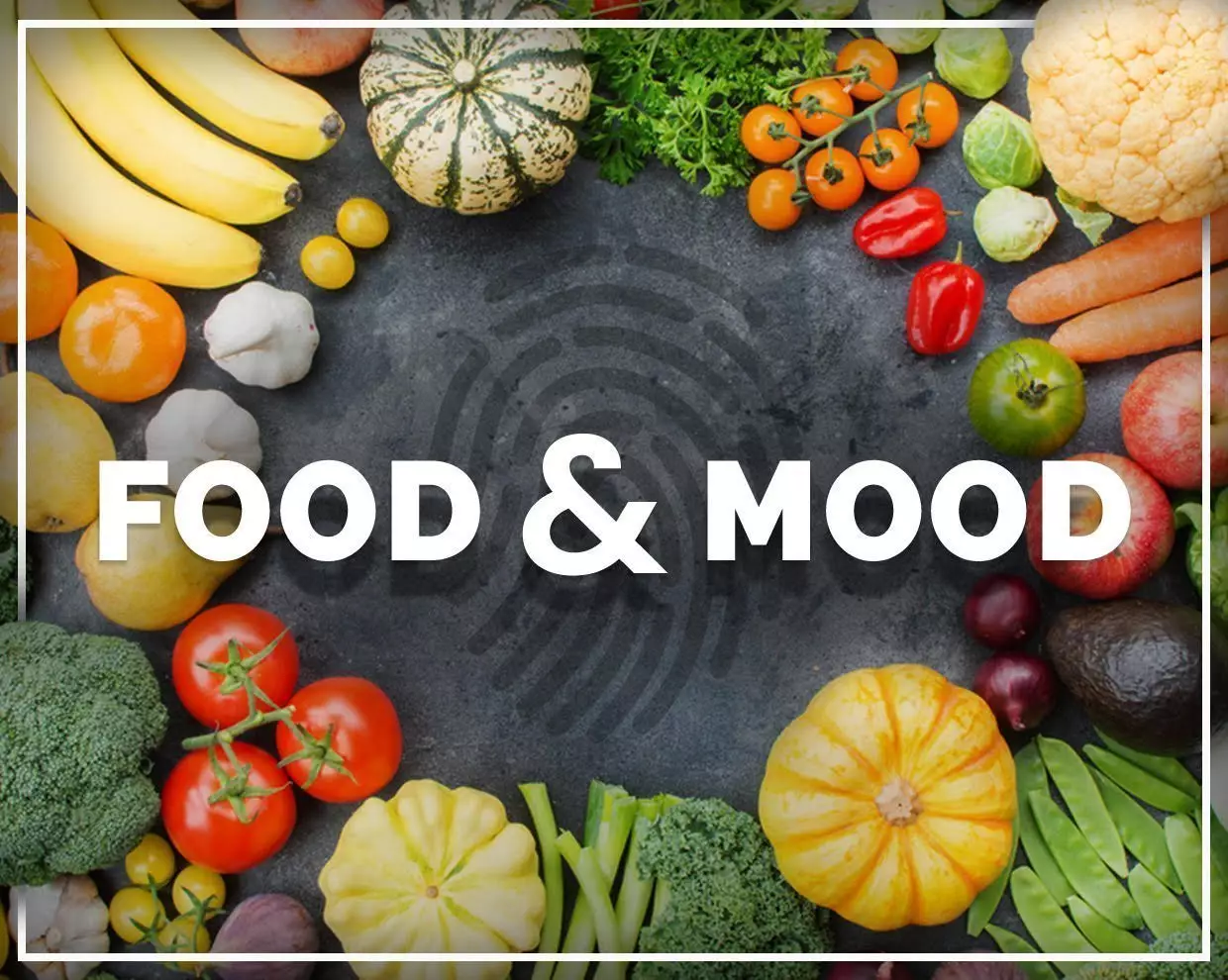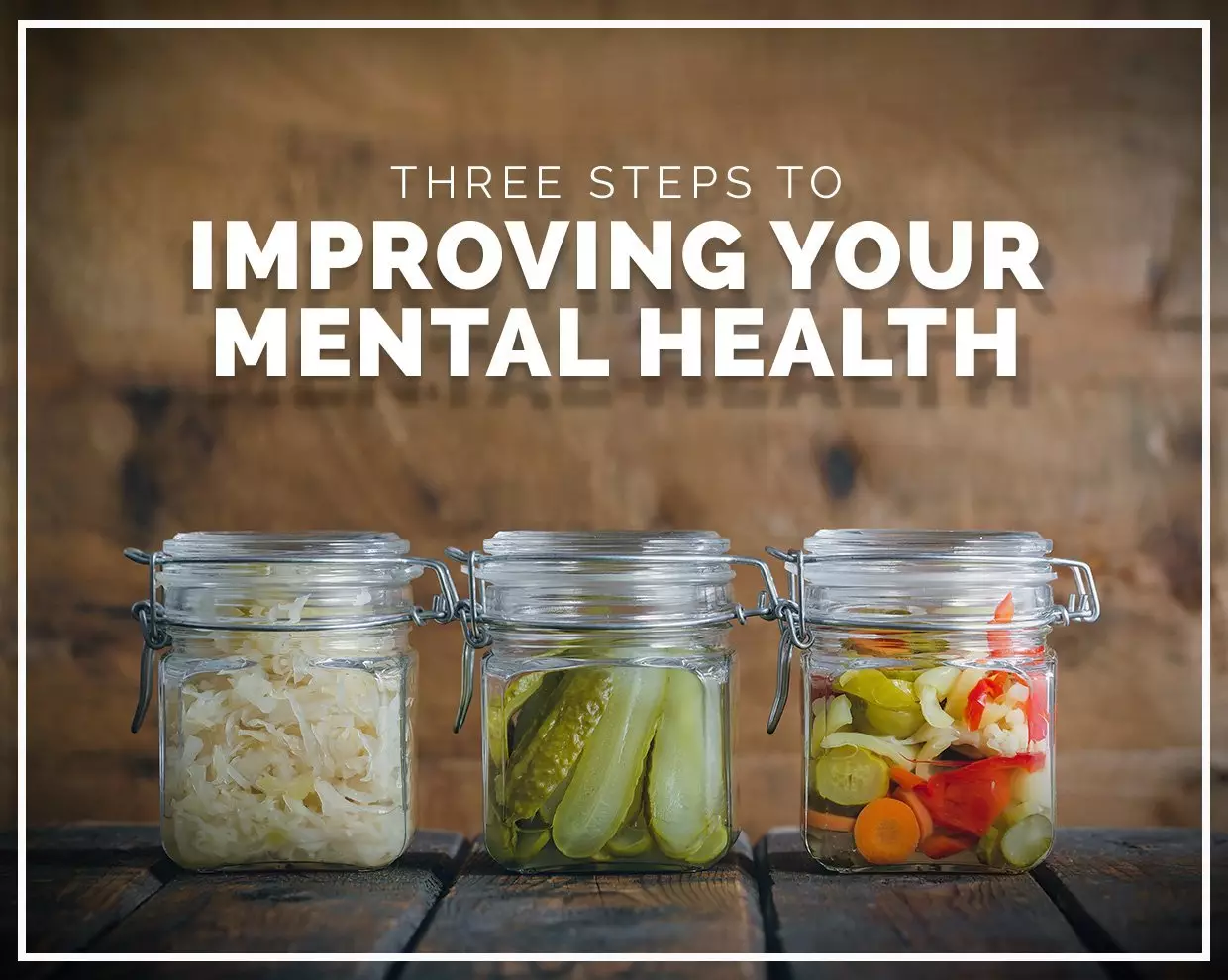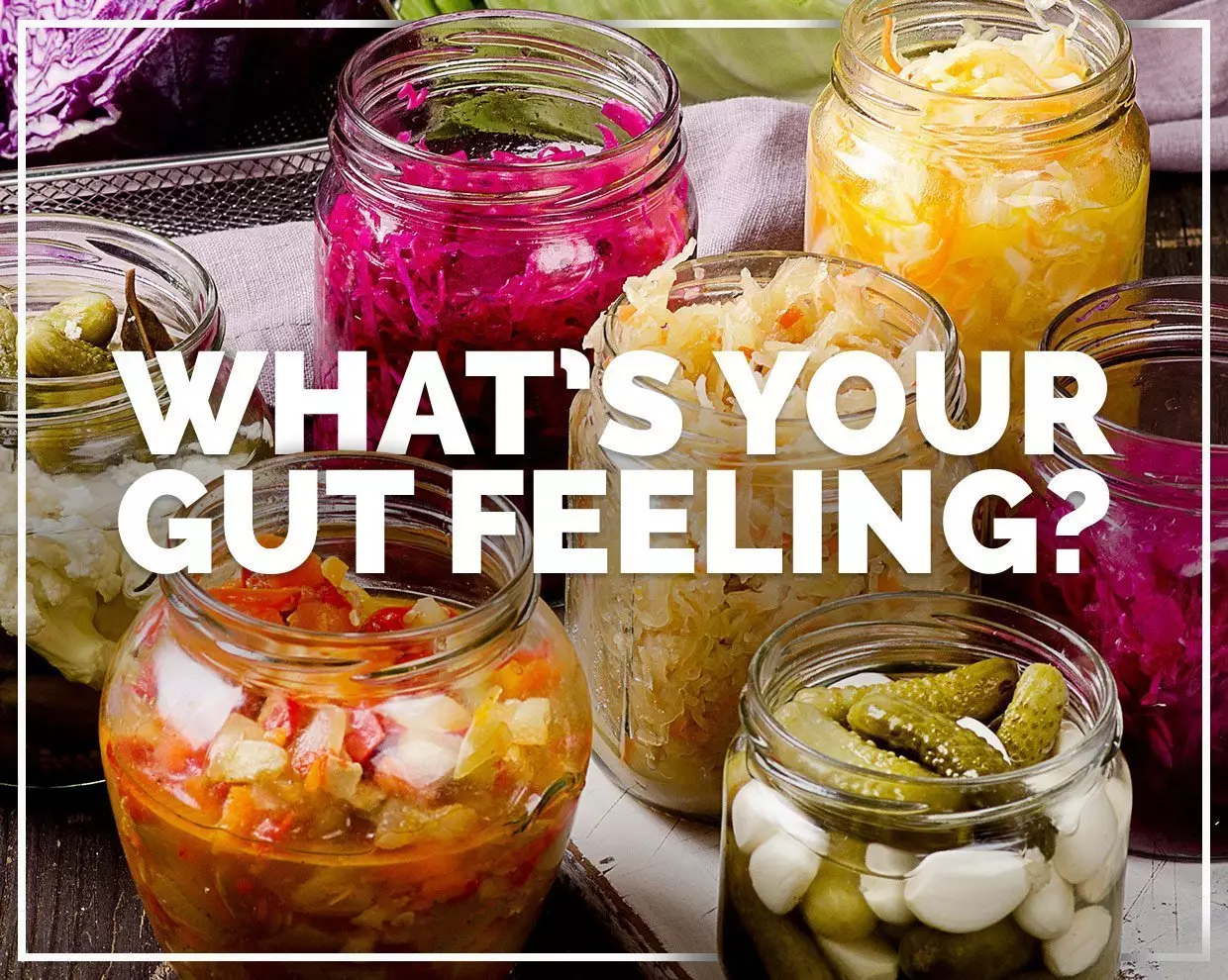In the grand theatre of the human body, there's an unsung hero that often gets overlooked - our gut. The gut, with its complex network of microorganisms, plays a pivotal role in our overall health. But did you know it also has a profound influence on our mental well-being? This might sound like a plot twist in a medical drama, but it's a fact backed by a growing body of scientific research.
The gut, often referred to as our 'second brain', is home to trillions of bacteria, collectively known as the gut microbiota. These microscopic tenants are not just freeloading; they're hard at work, aiding digestion, bolstering our immune system, and even producing essential vitamins. But their role extends beyond the physical. They are instrumental in the production of neurotransmitters, the body's chemical messengers that regulate mood, sleep, and cognition.
One such neurotransmitter is serotonin, often dubbed the 'happy chemical', as it contributes to feelings of well-being and happiness. Astonishingly, about 90% of the body's serotonin is produced in the gut. [1] This fact alone underscores the gut's influence on our mental state.
Research has also unveiled a fascinating two-way street of communication between the gut and the brain, known as the gut-brain axis. [2] This bi-directional highway allows gut microbes and the brain to exchange information. If there's a traffic jam or roadblock in this communication, it can lead to both gastrointestinal issues like irritable bowel syndrome and mental health disorders such as anxiety and depression. [3]
A study published in the 'Nature Microbiology' journal found that individuals with depression had consistently low levels of certain types of gut bacteria. [4] While this doesn't prove that low levels of these bacteria cause depression, it does highlight the potential link between gut health and mental well-being.
So, how can we keep our gut in top shape? A diet rich in fibre, fermented foods and a diverse range of fruits and vegetables can help maintain a healthy gut microbiota. Regular exercise, adequate sleep, and stress management are also crucial.
In conclusion, the gut's influence on our mental well-being is a burgeoning field of research that is reshaping our understanding of mental health. It's clear that a happy gut can lead to a happier mind. So, the next time you get a 'gut feeling', remember, it might be more than just a figure of speech; it could be your second brain talking!
Remember, always consult with a healthcare professional before making any significant changes to your diet or lifestyle.
References:
1 Indigenous bacteria from the gut microbiota regulate host serotonin biosynthesis
2 The gut-brain axis: interactions between enteric microbiota, central and enteric nervous systems
3 Stress & the gut-brain axis: Regulation by the microbiome
4 The neuroactive potential of the human gut microbiota in quality of life and depression

 AU Store
AU Store  UK Store
UK Store NZ Store
NZ Store EU Store
EU Store



















